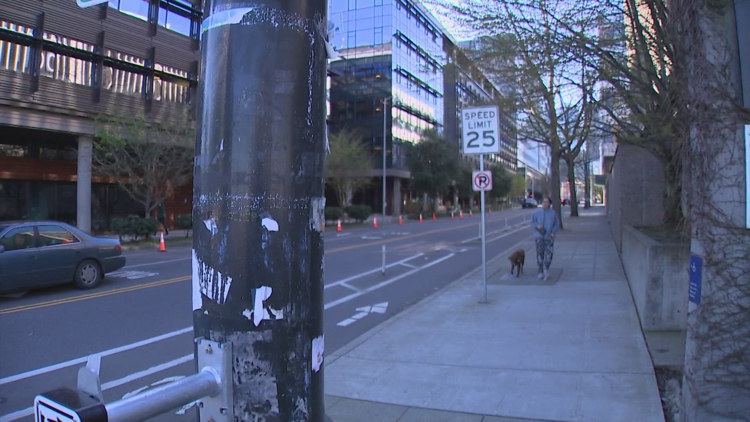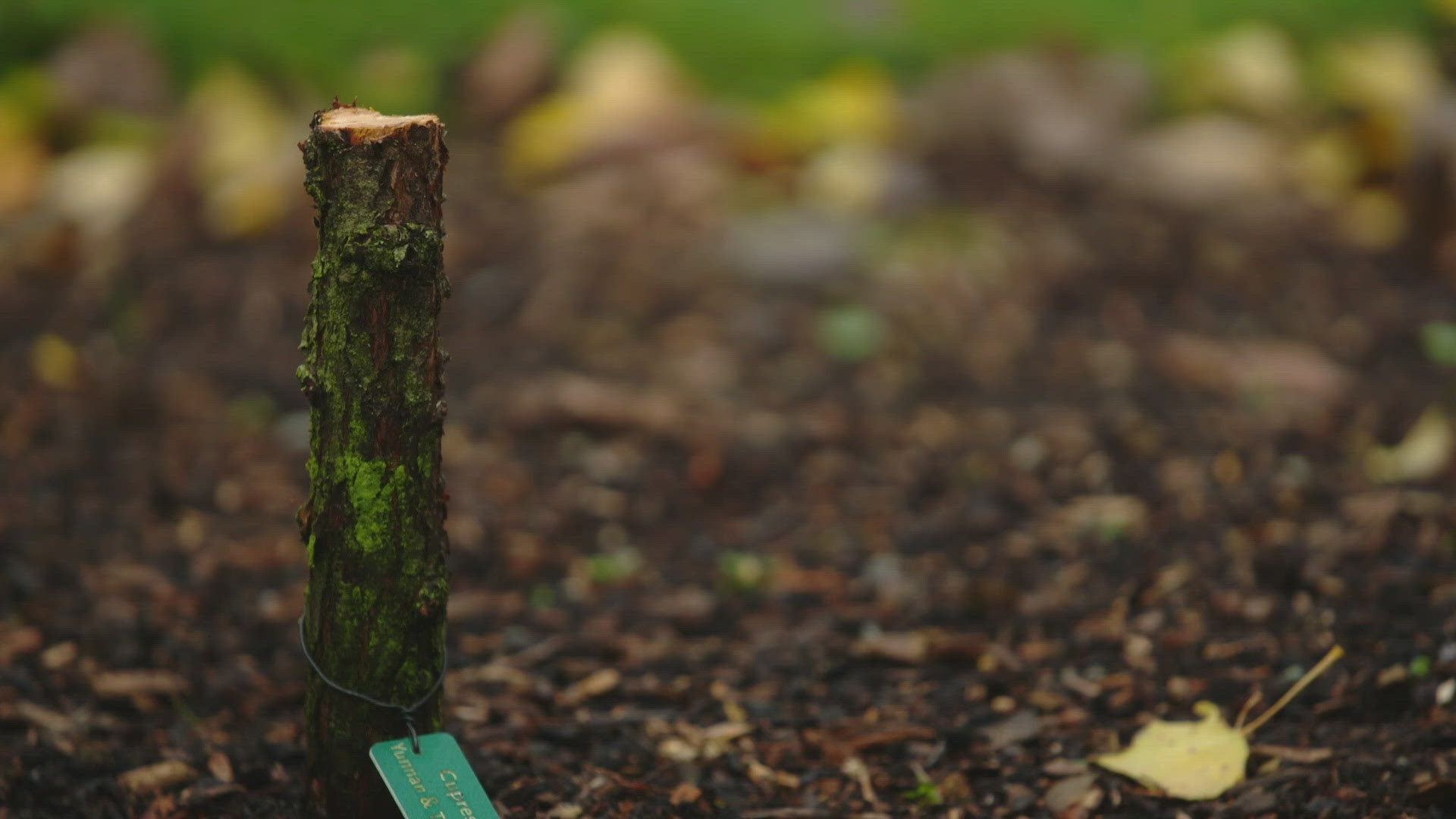SEATTLE — The Seattle City Council unanimously approved a $1.55 billion transportation levy Tuesday afternoon, making it the biggest property tax measure in city history.
Mayor Bruce Harrell officially signed the levy package Wednesday morning. After Harrell's approval, the proposal will be put on the November ballot for the public to vote on.
Under the new levy proposal, the average homeowner would pay $499 per year, which is $18.58 per month more than the expiring levy. The estimated monthly tax bill is based on the median value of a home in Seattle, which is about $804,000.
“This data and community-informed proposal invests in the critical infrastructure Seattle needs to support a safe, sustainable, and reliable transportation system – from critical bridge and road maintenance and modernization to improved connections to transit and within neighborhoods. I look forward to signing this legislation tomorrow,” Harrell said.
According to a news release, here is how some of the money in the levy would be allocated if approved:
- $403 million in street maintenance and modernization
- $221 million in bridge infrastructure and safety
- $193 million in pedestrian safety
- $160.5 million in Vision Zero and school and neighborhood safety
- $151 million in improving transit corridors and connections
- $133.5 million for bicycle safety
- $100 million to install and maintain traffic signals and improve mobility
- $69 million to better address climate change, protect the environment, and increase our tree canopy
- $66.5 million to activate public spaces, neighborhoods, and business districts
- $45 million for economy-focused improvements to our freight transportation system
- $7.5 million for good governance, oversight, and property tax relief education
More than 800 people died on Washington roads last year. That is a 33-year high and a factor in some people’s push to pass the new transportation levy.
The current transportation levy was passed in 2015 and is set to expire this year. Officials said the levy accounts for roughly 30% of the Seattle Department of Transportation’s budget for core services and new projects.
“We’re charting a new path focused on delivering the bold basics of local government," said Joy Hollingsworth, District 3 council member. "Seattle is a world-class city, but today, in the year 2024, there are far too many places in our city where basic infrastructure, like sidewalks, either does not exist or is in disrepair. This levy will work to address those inequities and keep Seattle moving forward."
Alex Pedersen, the former city council member and past chair of Seattle’s Transportation Committee (2020-2023), railed against the levy in a statement Tuesday.
“This troublesome transportation tax increase is like the Titanic – too big, hardest on the poor, and destined to fail everyone," Pedersen said. "It’s insensitive for politicians to act like cheerleaders for such a massive transportation tax increase while renters, homeowners, and small businesses struggle to stay in Seattle. Why would anyone want to pay more than $500 each year to let SDOT aggravate traffic congestion, leave most roads in worse condition, and fail to fix dangerous bridges?
"No matter how lobbyists try to sugarcoat the largest tax in Seattle’s history, it’s up to voters to reject City Hall’s unaffordable, unfair, and ineffective transportation levy and send it back to the drawing board.”



